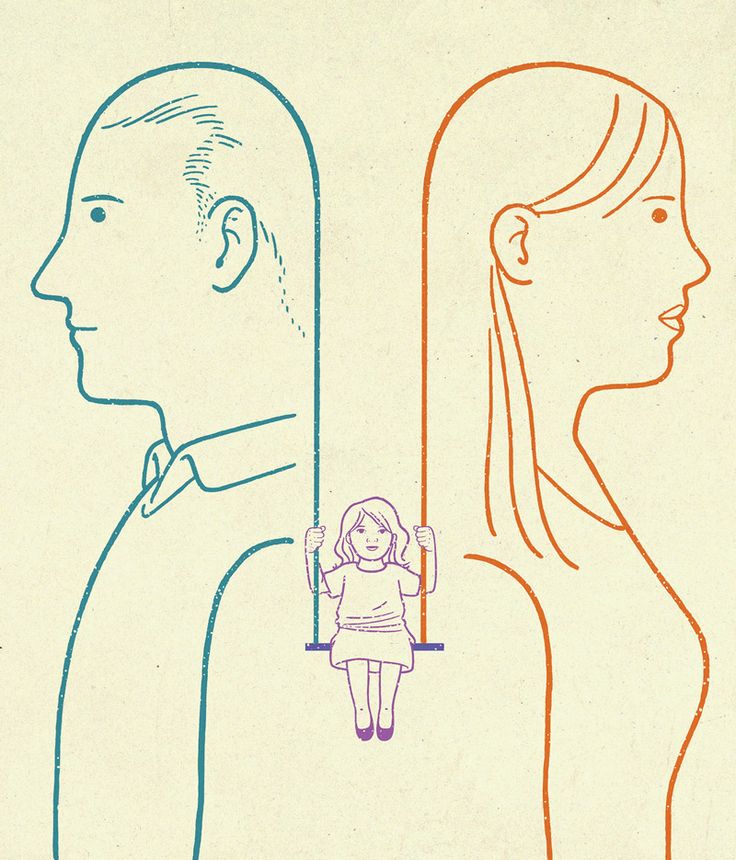
Positive Discipline and its Core Principles for Effective Parenting
Positive discipline advocates for the notion that, when behavior management is necessary, adults must first be able to control their own behavior in order to guide and manage the behavior of children effectively. Focusing on the adults’ behavior is, in essence, addressing the fundamental needs of children. This is because an adult who is unaware of the needs and developmental principles of children is unlikely to apply appropriate disciplinary methods. When adults gain awareness of their own behaviors, they can share responsibility for the child’s behavior without damaging the child’s self-esteem. By acting consciously rather than reacting impulsively, and by adopting and applying methods that encourage the child in the long run, both the adults and the children can experience positive behavioral changes.
Children are inherently social beings. They learn about themselves and life through social environments. Being a social being is fundamentally linked to the sense of belonging, feeling loved, and being important. The first social environments in which children feel a sense of belonging, love, and importance are their families and parents. To fulfill these feelings, children assess the messages they receive from their surroundings. If these messages are not properly conveyed, they may develop erroneous beliefs. Even if unconscious, these false beliefs and thoughts can lead children to choose wrong paths to achieve their goals. Therefore, positive discipline begins with making children feel loved and important. When this is not achieved, four false beliefs and four misguided goals arise:
- Attention-Seeking - False Belief: "I will only feel like I belong if I can attract attention."
- Power-Seeking - False Belief: "I will only feel like I belong when I am in control, or at least when I am not allowed to be bossed around."
- Revenge-Seeking - False Belief: "I don't belong anywhere, but at least I can hurt you like you hurt me."
- Feeling Insufficient - False Belief: "It’s impossible to belong, so I give up trying."
As any one or a combination of these four elements begins to emerge and persist, the risk arises that parents may drift away from the principles of positive discipline. This may lead to difficulties in establishing boundaries and discipline, which is a common challenge for many families. From this perspective, the following actions can help parents focus on addressing their children’s needs for love, belonging, and feeling valued:
Ensuring Love is Effectively Communicated
It is essential to express love to children not only during special moments but throughout the day. In their unique relationship with their children, parents should diversify their expressions of love and spread them across different times. Depending on the child’s age and developmental stage, this can involve actions such as hugging, tickling, and cuddling for younger children, or offering occasional affectionate touches and hugs for older children.
Spending quality time together also helps children feel loved and valued. These moments can be used to plan activities that both the child and the adult enjoy, such as daily activities for younger children or weekly outings for older children.

Being Tolerant and Firm
Parent-child interactions often reflect varying family attitudes. One of the most common attitudes is strict discipline, where children are not involved in the decision-making process, rigid rules are imposed, and children face severe punishments for not following the rules. On the opposite end, there are permissive parents who allow unlimited freedom, creating an environment where children do not feel safe.
In positive discipline, parents exhibit both tolerance and firmness in setting boundaries. In these families, children participate in rule-setting, and within respectful boundaries, children are not seen as the center of the family’s universe, but as an integral part of it. Positive discipline emphasizes respect for all members and provides a balanced approach where children contribute to decisions, ensuring they feel secure while understanding the importance of boundaries.
Deciding What to Do First, Clearly Expressing Desired Behavior, and Implementing It
Parents may overlook whether their own behavior is appropriate. Instead of focusing solely on controlling the child's behavior, shifting attention to one's own actions, being firm, and consistent will facilitate the desired changes in the situation.
Saying "No" and Following Through with Decisions
It is normal and beneficial to reject inappropriate situations, behaviors, or requests. If a child does not understand the reason behind a decision, the reasons can be explained.
Children tend to push their parents when they don’t get what they want. In these instances, the parent must identify the problem, determine where and how intervention is needed, and set clear boundaries.
Defining the Problem Situation:
"While I am washing the dishes, you keep pulling at me and insisting on playing, making it impossible for me to finish my work."
Acknowledging the Child’s Feelings and Expressing Understanding:
"I understand that you want to play with me, but this may not always be possible."
Clarifying the Desired Behavior, Not the Undesired One, and Finding a Solution Together:
"I need to wash the dishes. While I’m working, you can either play with your toys next to me or draw pictures."
Explaining Feelings and Setting Boundaries:
"I understand that waiting is difficult for you, but when you pull at me, I have trouble finishing my work. In situations like this, I will close the kitchen door until I am done with my task." (It is crucial that the decisions made are followed through.)
Providing Information Instead of Punishment and Using Mistakes as Learning Opportunities
Although punishment may stop a behavior in the short term, its long-term effects are often significantly negative.
The Effects of Punishment on Children: The Four "R's" of Punishment
- Resentment: "This is not fair. I can't trust adults."
- Revenge: "They might have won this time, but I won’t let them get away with it."
- Rebellion: "I’ll do the opposite of what they want to prove that I don’t have to follow their rules."
- Retreat & Cunning: "Next time, I won’t get caught."
B. Rejection to Self-Worth: "I’m a bad person."
Using Encouraging Phrases Instead of Rewards and Praise
Rewards can increase impulsivity in children, while praise may negatively affect their self-esteem, leading to dependency on external judgments. On the other hand, encouragement or reinforcement helps foster the development of a child’s self-confidence.
Ömer Faruk Şeker